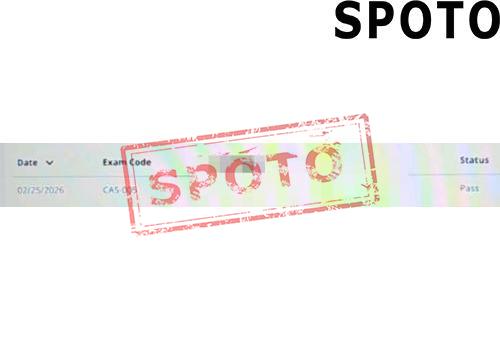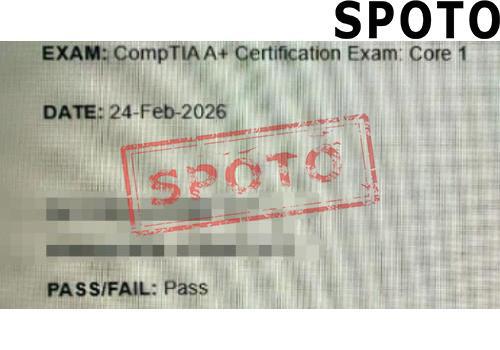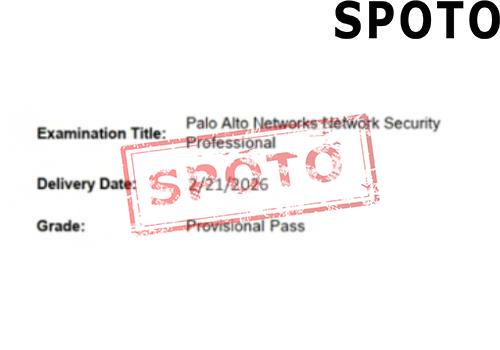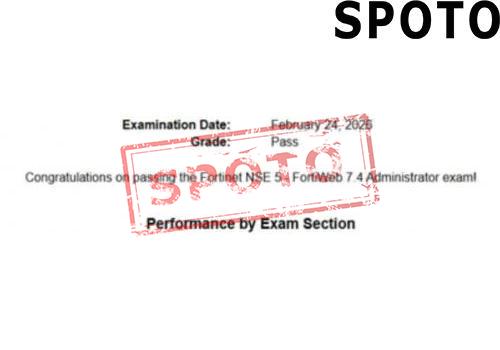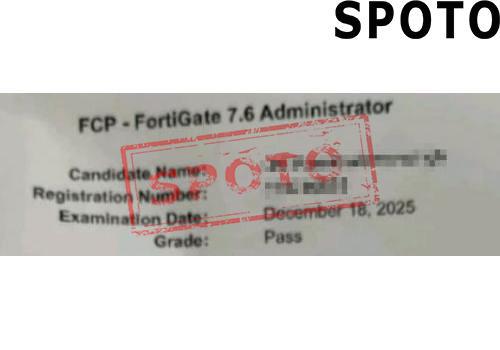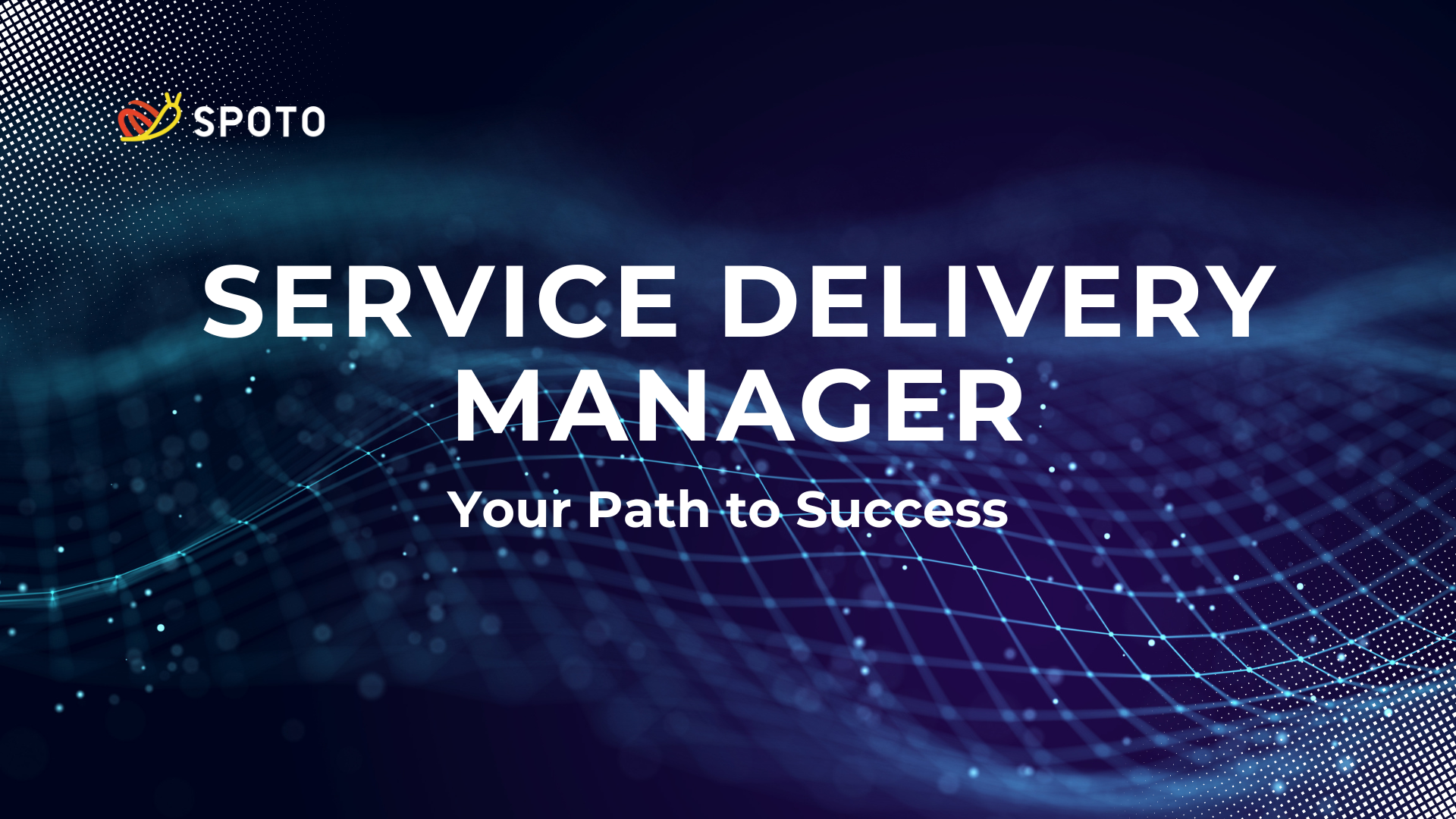
Table of Contents
Are you looking for a dynamic career with growth opportunities? Meet the Service Delivery Manager! In today's fast-paced business world, delivering excellent service isn't just a luxury—it's a necessity. But have you ever wondered who is behind ensuring that clients receive seamless, high-quality services consistently? The answer is the Service Delivery Manager. If you're seeking a role that combines leadership, technical expertise, and customer-focused strategies, this might just be your next big career move.
1. What is a Service Delivery Manager?
A Service Delivery Manager is a pivotal figure who oversees the delivery of services to clients, ensuring efficiency, quality, and customer satisfaction. They act as a bridge between technical teams and clients, managing service processes, resolving issues, and continuously improving service standards. Crucially, SDMs are client-facing professionals responsible for maintaining excellent relationships and ensuring that the organization's service commitments are met or exceeded.
In essence: They are the orchestrators of flawless service delivery, nurturing client relations, tackling challenges, and improving overall operational performance.
2. What does a Service Delivery Manager do?
Job Description of a Service Delivery Manager
The duties of an SDM span a wide spectrum, combining technical oversight with administrative leadership:
- Service Management: Monitoring IT support functions, maintaining service performance levels, and implementing improvement plans.
- Client Relations & Meeting Support: Ensuring meetings run smoothly, supporting conference tools, and educating staff on their use.
- Performance & Quality Control: Analyzing service performance, overseeing strategic improvements, and reporting to senior management.
- Technical Oversight: Supervising hardware and software standards and security protocols and applying updates in a timely manner.
Moreover, SDMs coordinate with project and technical teams to troubleshoot issues, optimize processes, and ensure all services align with the company's goals and client expectations.
Skills needed to succeed as a Service Delivery Manager
Success in this role hinges on a blend of soft and hard skills:
- Excellent communication and interpersonal skills for client interaction.
- Leadership and team management to motivate staff.
- Technical knowledge of IT systems, security, and supporting tools.
- Problem-solving and conflict resolution prowess.
- Project management skills to oversee multiple initiatives efficiently.
- Financial acumen for budgeting and resource planning.
- Continuous improvement mindset for operational excellence.
To build these skills, enrolling in specialized courses can fast-track your career. For instance, SPOTO offers industry-recognized certifications like ITIL 4 Foundation, which is vital for understanding best practices in IT Service Management.
3. Why become a Service Delivery Manager?
The appeal of SDM roles extends beyond responsibility:
Competitive Salary: In many regions, SDMs earn between $43,138 and over $140,000/month, depending on experience and location.
Job Outlook: As companies increasingly prioritize quality service, the demand for skilled SDMs is expected to grow steadily.
Career Advancement: SDMs often progress into senior management or specialized roles such as IT Directors, Operations Managers, or Customer Experience Heads.
Job Titles Related to Service Delivery Manager
- Service Operations Manager
- Client Services Manager
- IT Service Manager
- Customer Success Manager
4. How to become a Service Delivery Manager?
Breaking into this flourishing career involves
Educational Foundation
A bachelor's degree in fields such as business administration, information technology, computer science, or electrical engineering provides essential theoretical knowledge, critical thinking skills, and a solid foundation for understanding service management concepts.
Gaining Experience
Accumulating 1-3 years of practical experience in customer service, project management, or IT support helps develop real-world skills, understanding client needs, troubleshooting issues, and managing multiple tasks effectively.
Certifications and Training
Earning industry-recognized certifications like ITIL 4 Foundation demonstrates your expertise in best practices for service management and boosts your professional credibility, making you more competitive in the job market.
Developing Core Skills
Focus on enhancing leadership, effective communication, critical problem-solving, and technical proficiency to succeed as an SDM, ensuring you can lead teams, resolve conflicts, and adapt to evolving technological environments.
For those looking to accelerate their learning and stand out, SPOTO's comprehensive courses in IT Service Management can provide practical knowledge and certification paths to boost your resume.
5. Conclusion
A career as a Service Delivery Manager is perfect for those who thrive on multitasking, solving complex challenges, and fostering excellent client relationships. It offers not only substantial earning potential but also promising growth in a future-proof industry.
If you're determined to land a role in this dynamic field, investing in specialized training—such as SPOTO's courses—can be your game changer. With the right knowledge, skills, and certifications, you'll be well on your way to becoming a key contributor to your organization's success.
Ready to embark on this rewarding journey? Explore SPOTO's certification programs today and take a step closer to your career as a Service Delivery Manager!




